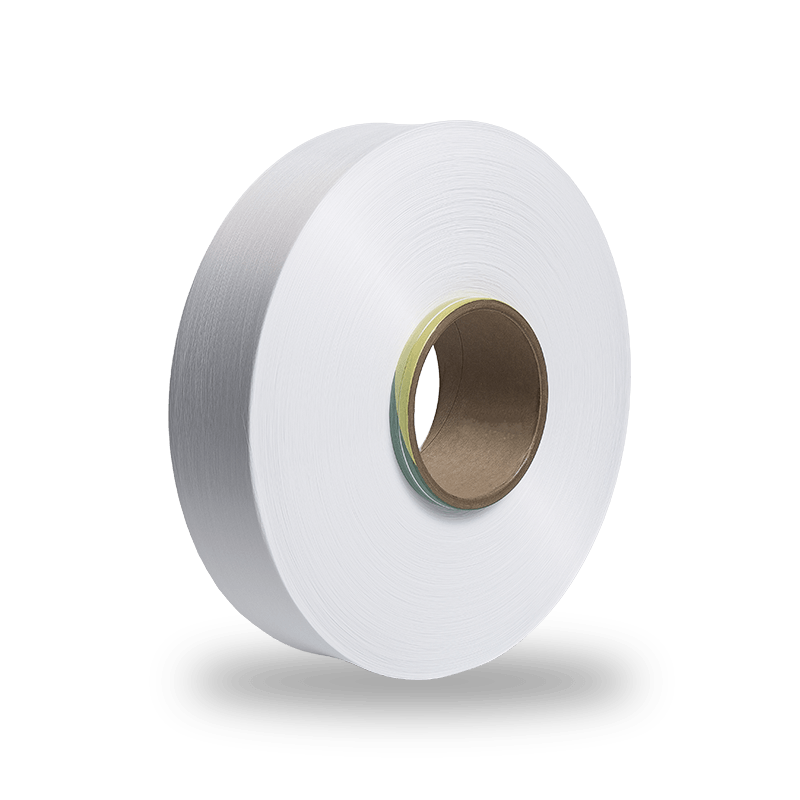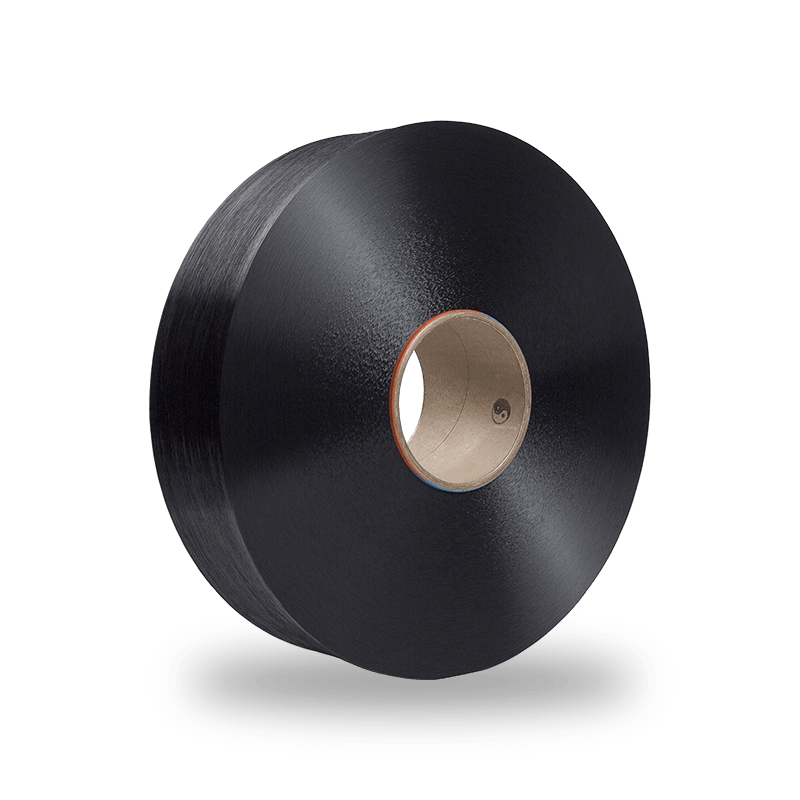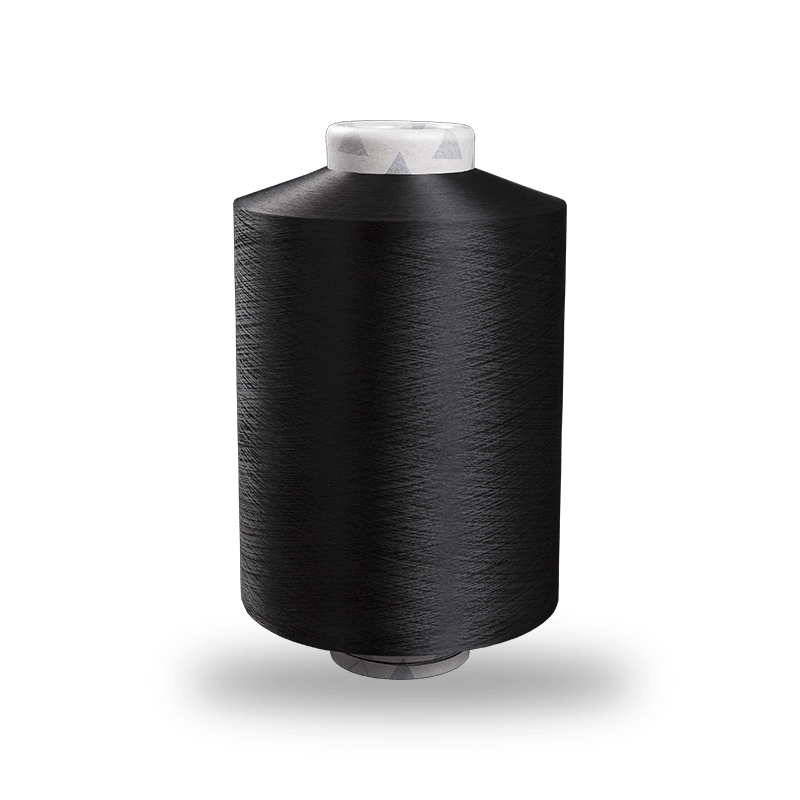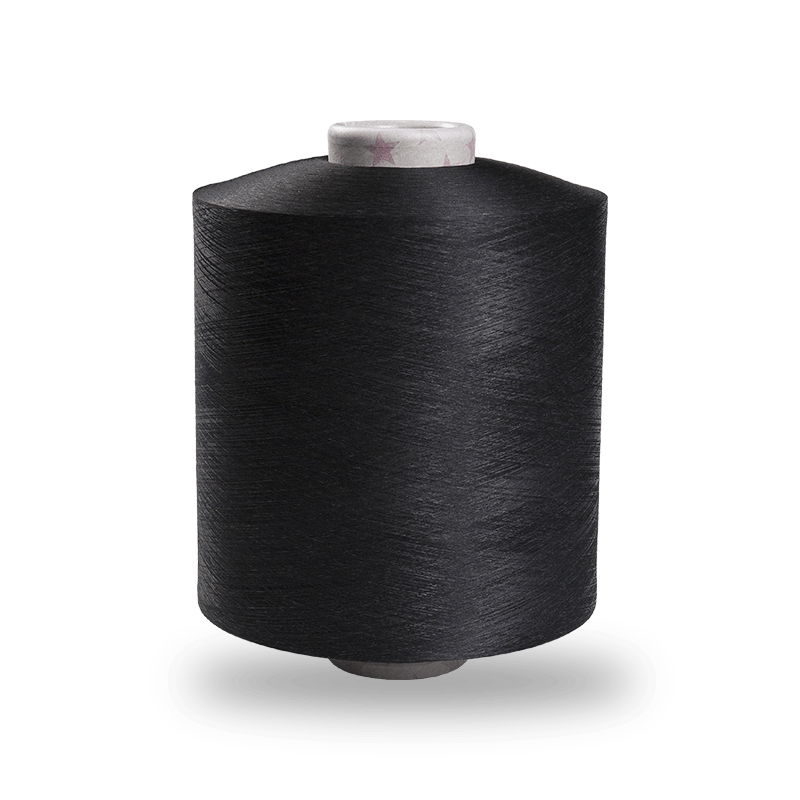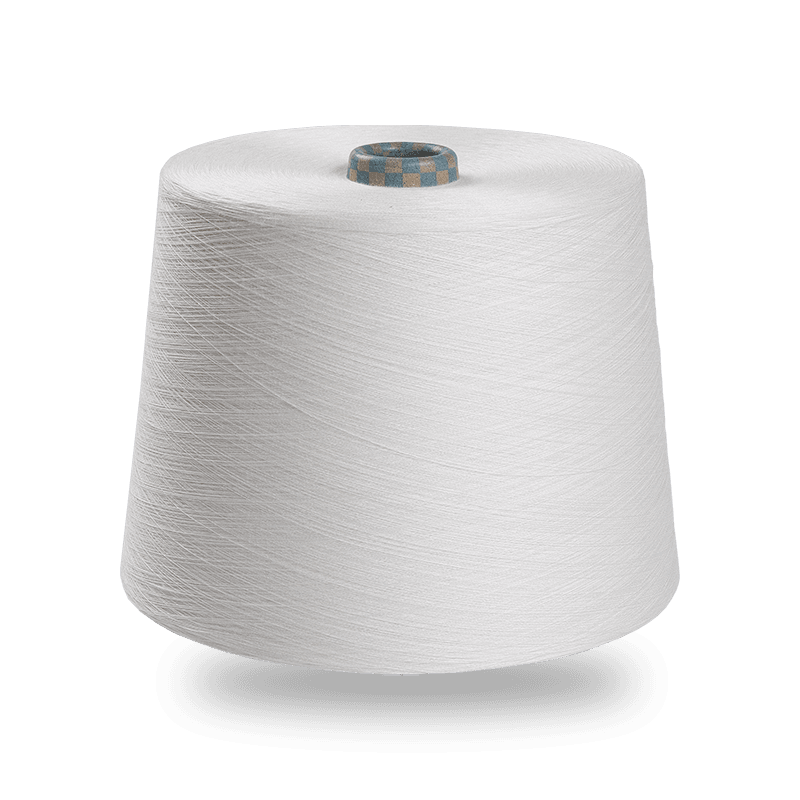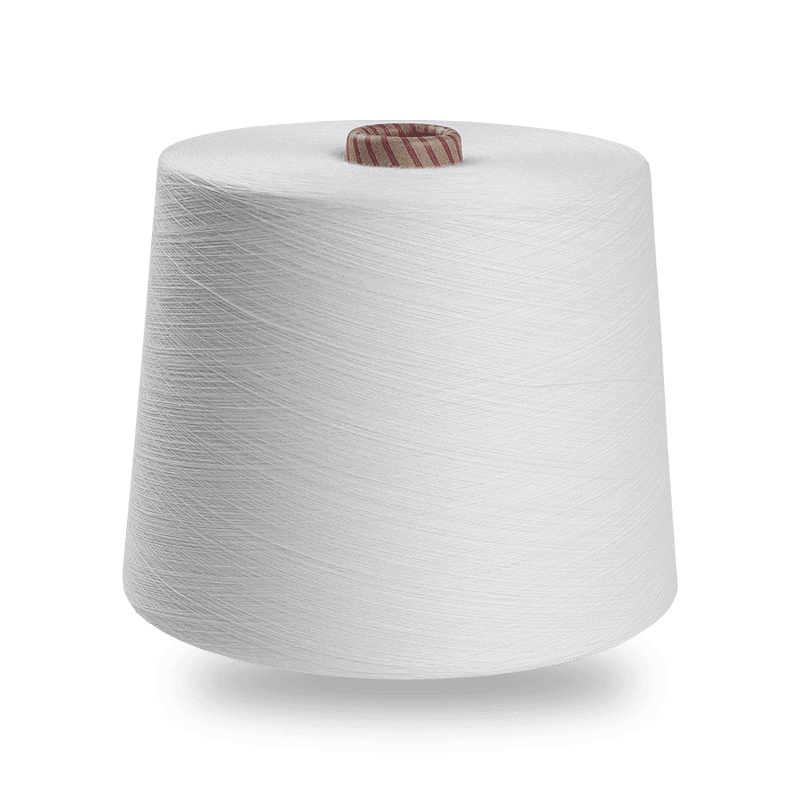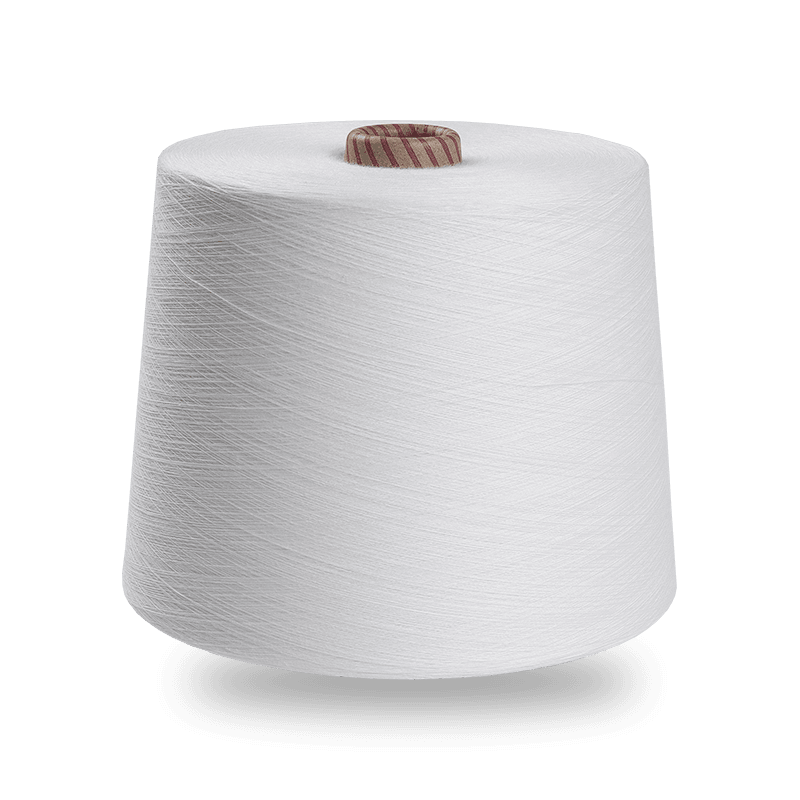The scientific name of nylon is polyamide fiber, also known as nylon. Nylon has high strength, good abrasion resistance and resilience. Nylon has hygroscopicity and heat-setting properties, which can maintain the bending deformation formed during heating. Nylon fabric is known for its excellent abrasion resistance and thin texture, so it is an ideal choice for sportswear, swimwear, fitness clothing, down jackets, and mountaineering clothing materials. Nylon is often blended or interwoven with other fibers to improve the strength and fastness of the fabric.
About the advantages of nylon:
1. High strength and good abrasion resistance ---- Nylon fabric is very strong and wear-resistant, many times higher than other fiber fabrics of similar products. It is an ideal material for making wear-resistant products.
2. Light weight----Nylon fabric has low density and light fabric. It is only listed in synthetic fiber fabrics after polypropylene and acrylic fabrics, and is lighter than viscose and viscose fibers; therefore, it is suitable for making mountaineering clothing, winter clothing, etc. . 3. Good elasticity and resistance to fatigue damage ----Nylon fabric has excellent elasticity and elastic recovery, and the degree of shaping and shape retention is second only to polyester;
4. Good dyeability-nylon has better dyeability than polyester;
5. Good resistance to alkali and reducing agents-not afraid of mildew and insects; 6. Low temperature resistance-nylon filament has good low temperature resistance, and its resilience is below minus 70 ℃ Not much has changed.
In industry, nylon is widely used to make cords, industrial fabrics, cables, conveyor belts, tents, fishing nets, etc. In national defense, it is mainly used as parachutes and other military fabrics. For civilian use, it can be blended or purely spun into various medical and knitted products. Nylon filaments are mostly used in the knitting and silk industries. Nylon staple fibers are mostly used for blending with wool or other chemical fiber wool-type products to make all kinds of wear-resistant clothing materials.


 English
English 中文简体
中文简体 Español
Español عربى
عربى
